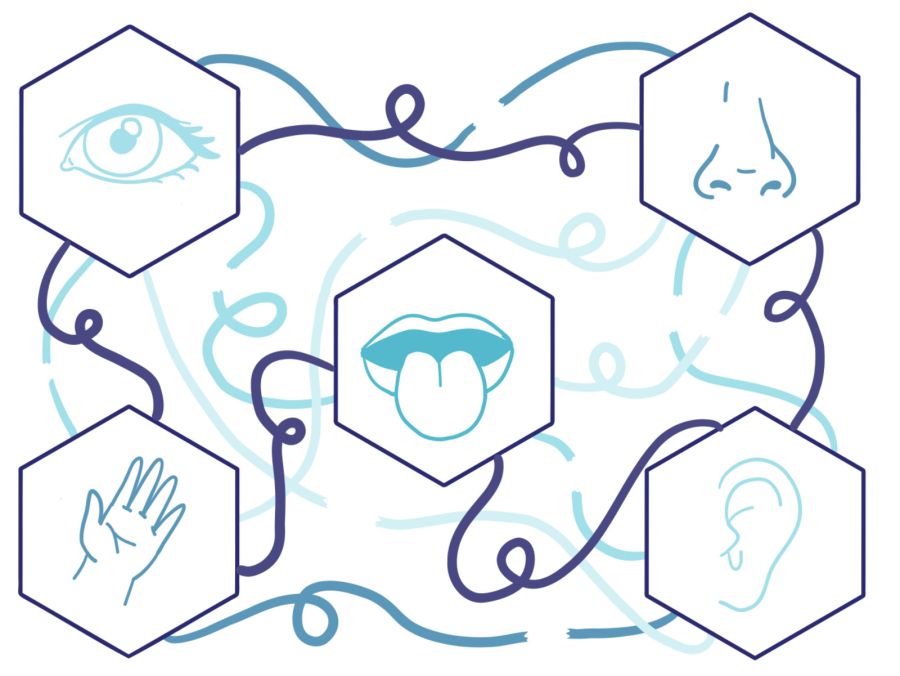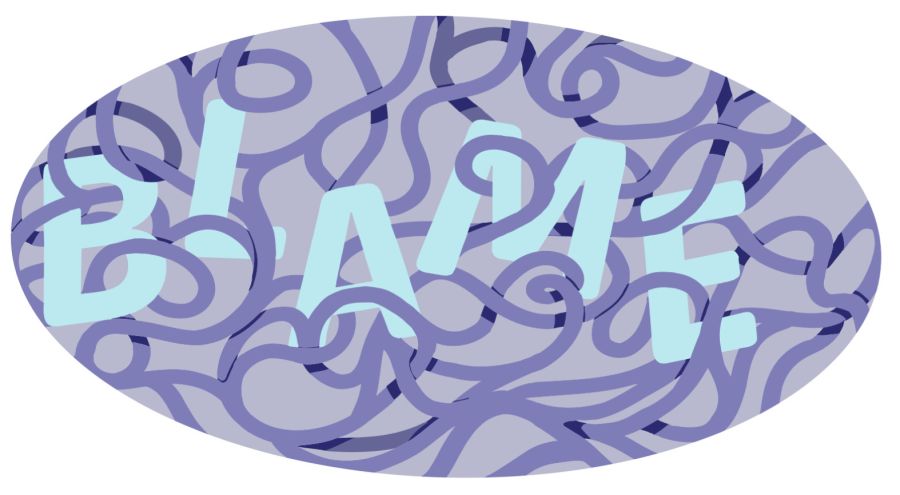YES - Learning Problems Can Be Related to Diet
Much research shows that diet has a marked effect on the learning abilities of individuals. The lower GI tract (the gut) is also known as "the second brain", because so many neuron connections are there. The brain is dependent on a healthy gut for the proteins and neurotransmitters that are necessary for good cognitive processing. The health of "the second brain" affects mood and attention, as well as the immune system (read: allergies).
Yesterday a young mother called to talk about her son's needs. Among learning and attention problems, she mentioned that he also suffers from eczema (often traced to allergy to dairy). Casein in dairy and gluten in wheat, rye and barley, cause intestinal problems in many people. In the rush to meet time demands, today's family may opt for a diet which includes lots of chips, cookies, crackers, pizza and breaded foods. Most contain dairy and wheat. A common daily diet for a student might be: granola with fruit and milk for breakfast, a sandwich or cheese pizza for lunch at school, snacks in the afternoon, a breaded protein, a vegetable and rolls for dinner and dessert (ice cream?). When it's time to do homework (and/or complete the work he didn't finish at school), he drags his feet or pitches a fit, requiring twice the amount of time that these tasks should take. No one is happy! And none realize that the child's "healthy diet" could be a major cause.
Mark Church, a Learning and Neural Development Specialist, gives (via Linked In) a good explanation of what can happen in the GI tract:
"From my learning and understanding about the link between gluten and casein and the effects with some people with autism is that, the peptides produced by gluten and casein should normally convert to amino acids and in some people don't. The peptides stimulate Glutamate which causes inflammation and the 'firing' between the cells in the brain and over-sensitivities to some of the senses. Glutathinone is the chemical that should inhibit the 'firing' of the neurotransmitters and help keep the balance, but this does not happen in some cases and their mind/body becomes over excited. By avoiding or reducing gluten and casein in the diet with some autistic people sensitive to wheat and dairy, it can help reduce the over-sensitivities and help keep their system calm.
I have seen a difference when wheat and dairy are excluded from the diet. Also in reduced bowel movements too, from being uncontrollable and soiling."
For this reason, I frequently suggest to parents of my incoming students to do a two week trial of no dairy/no gluten, and to look for and record changes in the student. Then add one food back at a time, carefully watching the response. In some students, ADHD behaviors improve and the student can settle down to learning. Sure hope this is helpful!
Related Articles That Might
Interest You

Directions and the Neurodivergent Brain

Synesthesia
